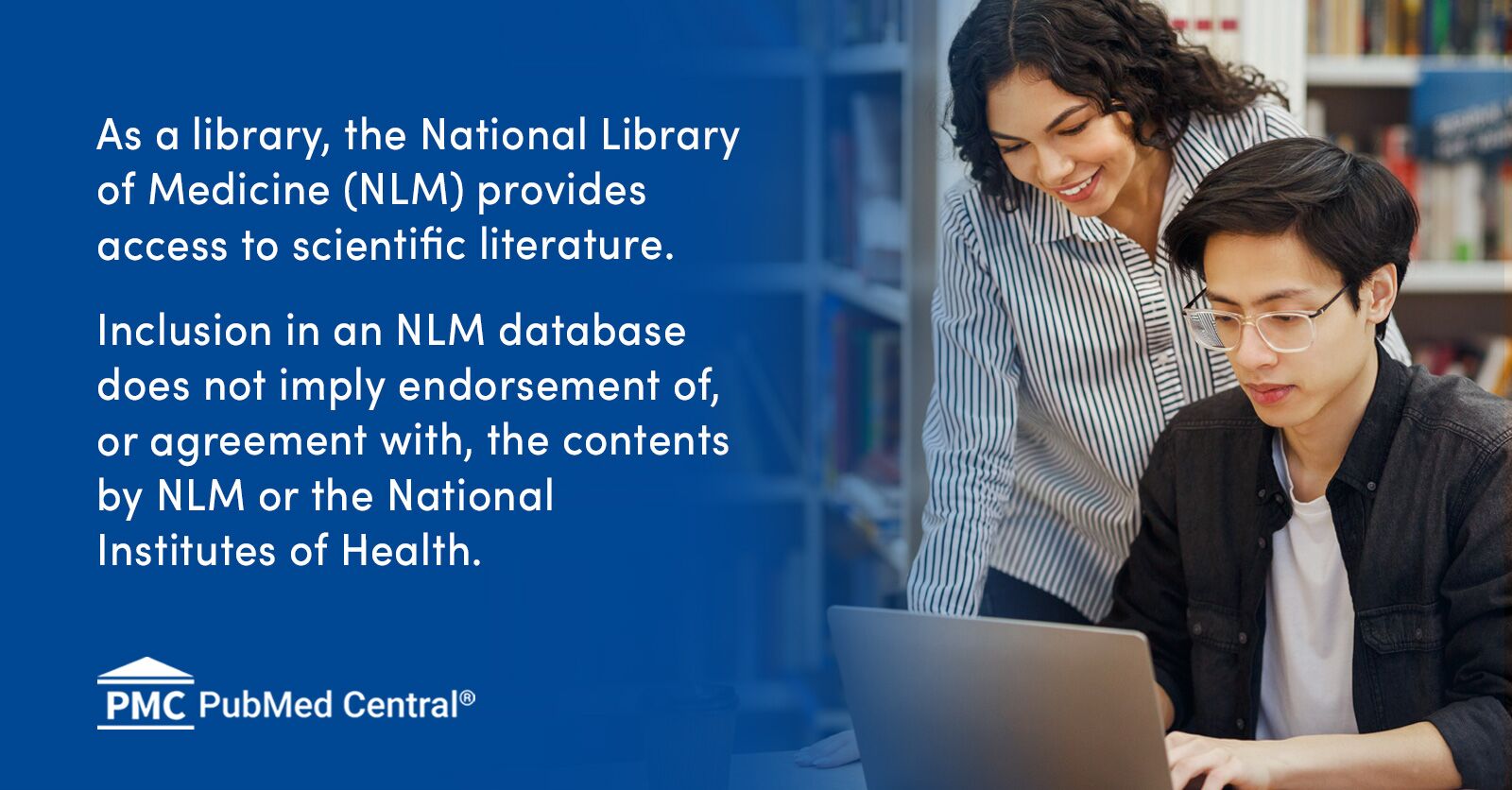Neuroprotection
Bluelighter
- Joined
- Apr 18, 2015
- Messages
- 1,088
for anyone who doesn’t know, Epigenetics refers to processes or changes which alter the way existing genes are expressed without actually changing the DNA sequence. these changes can be short or long-term and very stable, but they are nonetheless reversible. common epigenetic processes include methylation or acetylation of either DNA or histone proteins.
It is now widely believed Epigenetics Play a major role in drug addiction and other psychiatric disorders through regulation of genes and proteins needed for synaptic plasticity. that’s precisely why the histone deacetylase (HDAC) inhibitors are under investigation for treatment of many brain diseases, ranging from mild cognitive impairment to bipolar disorder and schizophrenia. however, HDACIs are already well known and many of their behavioural effects like cognitive enhancement and anti-manic/mood stabilising. I am a bit more excited about drugs modulating DNA and histone methylation as this is just starting to be explored and provides many new opportunities to manipulate useful targets like neuronal receptors, neurotransmitter transporters and even second messenger Systems.
So why are epigenetic drugs exciting?
Well, our neurological and thus psychological States are highly responsive to our environment and whenever stable changes occur to our brain/behaviour, Epigenetics is almost certainly involved. chronic stress and drugs of abuse are two major environmental factors which definitely cause epigenetic changes. therefore, drugs that modulate Epigenetics could be used to remedy or reverse any previously established unwanted alterations, for example, supersensitivity to norepinephrine in PTSD. furthermore, this could be the holy grail for subverting any drug tolerance that relies on processes like receptor desensitisation or internalisation. this is especially relevant to those seemingly long-lasting or irreversible components of opioid and benzodiazepine tolerance. yes, tolerance to these drugs isn’t all about Single receptor classes, as opposing counter-systems and brain circuits are also involved, but Epigenetics could be used to target those as well. we are still in the very early stages of neuronal epigenetic research and it would likely be a very long way before this translates into a marketed drug. however, does anyone else share my optimism?
It is now widely believed Epigenetics Play a major role in drug addiction and other psychiatric disorders through regulation of genes and proteins needed for synaptic plasticity. that’s precisely why the histone deacetylase (HDAC) inhibitors are under investigation for treatment of many brain diseases, ranging from mild cognitive impairment to bipolar disorder and schizophrenia. however, HDACIs are already well known and many of their behavioural effects like cognitive enhancement and anti-manic/mood stabilising. I am a bit more excited about drugs modulating DNA and histone methylation as this is just starting to be explored and provides many new opportunities to manipulate useful targets like neuronal receptors, neurotransmitter transporters and even second messenger Systems.
So why are epigenetic drugs exciting?
Well, our neurological and thus psychological States are highly responsive to our environment and whenever stable changes occur to our brain/behaviour, Epigenetics is almost certainly involved. chronic stress and drugs of abuse are two major environmental factors which definitely cause epigenetic changes. therefore, drugs that modulate Epigenetics could be used to remedy or reverse any previously established unwanted alterations, for example, supersensitivity to norepinephrine in PTSD. furthermore, this could be the holy grail for subverting any drug tolerance that relies on processes like receptor desensitisation or internalisation. this is especially relevant to those seemingly long-lasting or irreversible components of opioid and benzodiazepine tolerance. yes, tolerance to these drugs isn’t all about Single receptor classes, as opposing counter-systems and brain circuits are also involved, but Epigenetics could be used to target those as well. we are still in the very early stages of neuronal epigenetic research and it would likely be a very long way before this translates into a marketed drug. however, does anyone else share my optimism?

